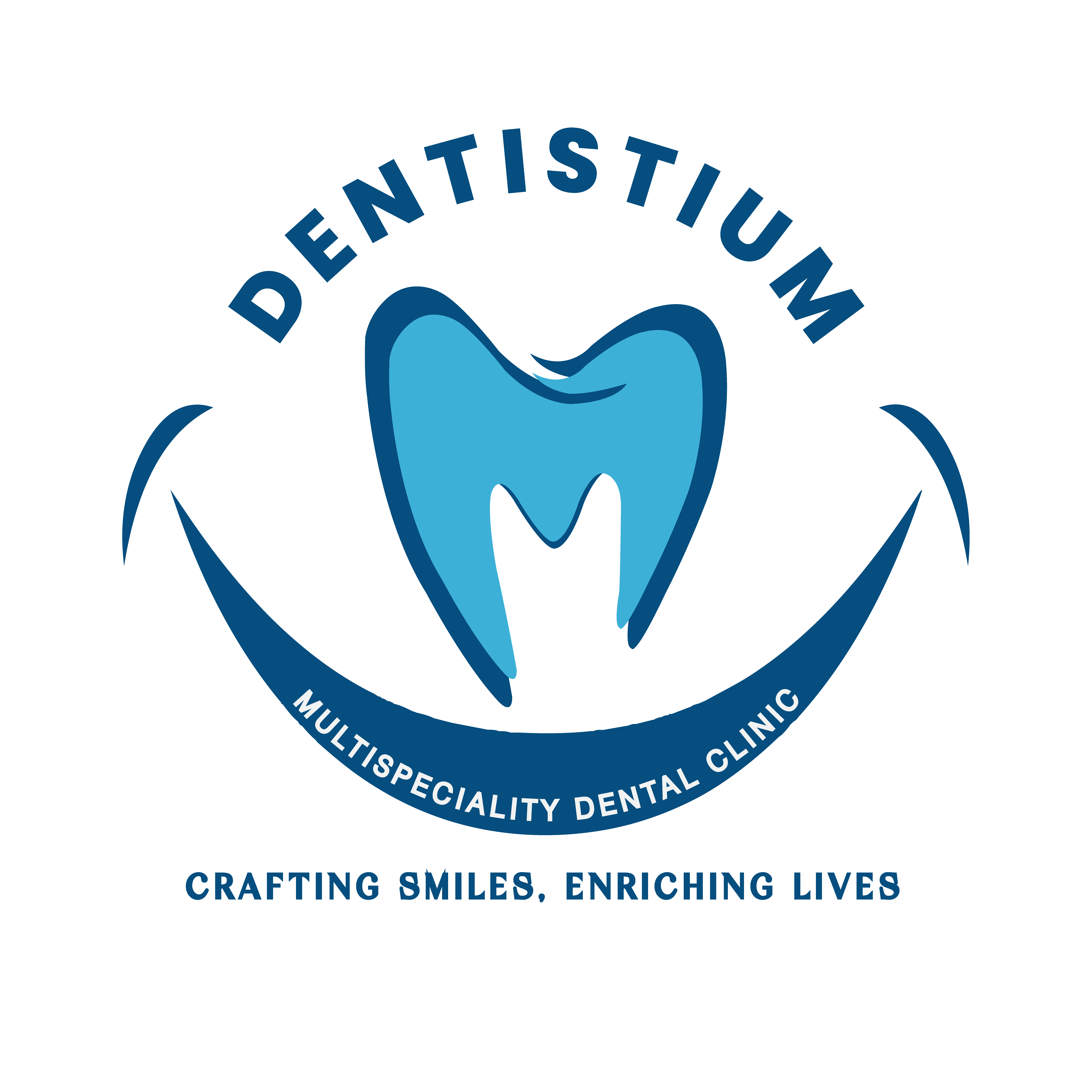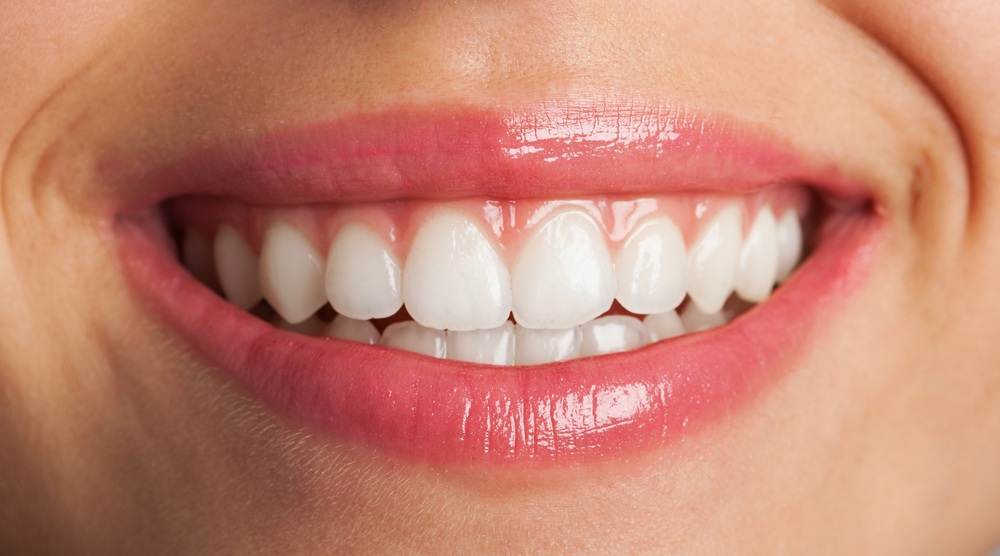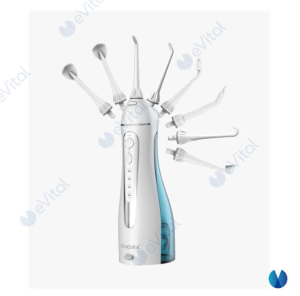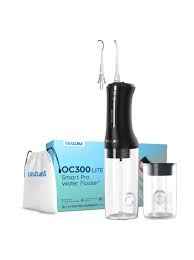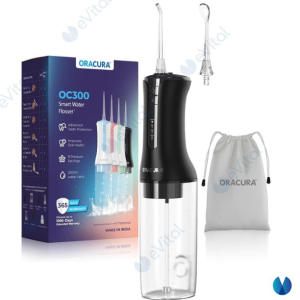Denture Care: How to Clean Them Properly
Denture Care: How to Clean Them Properly
Denture care is important for maintaining your oral health and ensuring that your dentures last as long as possible. Proper cleaning not only keeps your dentures looking good but also helps prevent bacteria and plaque buildup, which can lead to bad breath and infections.
Why Clean Your Dentures?
Just like natural teeth, dentures need regular cleaning. Here are a few reasons why keeping your dentures clean is essential:
- Prevents Bacteria Buildup: Food particles and plaque can build up on your dentures if they are not cleaned regularly. This can lead to bad breath and infections.
- Maintains Appearance: Regular cleaning keeps your dentures looking bright and fresh, avoiding discoloration.
- Ensures Comfort: Clean dentures fit better and feel more comfortable. Dirty dentures can cause irritation and discomfort in your mouth.
- Promotes Oral Health: Good denture care helps maintain your overall oral health, reducing the risk of gum disease and other dental issues.
Steps for Proper Denture Cleaning
Cleaning your dentures is simple and can be done at home. Here are the steps to follow:
- Rinse After Eating
After every meal, it is essential to rinse your dentures. Simply take them out and rinse them under lukewarm water. This helps remove food particles and prevents them from sticking to your dentures. - Use a Soft-Bristled Brush
When cleaning your dentures, use a soft-bristled brush designed specifically for dentures. Regular toothbrushes may be too harsh and can scratch the surface of the dentures- Hold the Dentures Carefully: Make sure you have a firm grip on the dentures to prevent them from slipping out of your hands and breaking.
- Brush Gently: Gently brush all surfaces of the dentures, including the chewing surfaces and the gum line. Make sure to clean any areas where food particles may hide.
- Use Denture Cleaner
It is essential to use a cleaner that is specifically designed for dentures. Avoid using regular toothpaste, as it may contain abrasive ingredients that can damage the dentures.- Soak in Cleaning Solution: Follow the instructions on the denture cleaner packaging. Most denture cleaners come in tablet form, which you can dissolve in water. Soak your dentures for the recommended time, usually around 15-30 minutes.
- Rinse Thoroughly: After soaking, rinse the dentures thoroughly with lukewarm water to remove any remaining cleaning solution.
- Clean Your Mouth
While cleaning your dentures, do not forget to take care of your mouth. Use a soft brush or cloth to clean your gums, tongue, and any remaining teeth. This helps remove bacteria and keeps your mouth healthy. - Store Properly
When you are not wearing your dentures, it is important to store them properly.- Keep Them Moist: Always keep your dentures in a solution that keeps them moist. You can use a denture cleaning solution or plain water. Never let them dry out, as this can cause them to warp and lose their shape.
- Avoid Hot Water: Do not store your dentures in hot water, as it can warp the material.
- Regular Dental Checkups
Regular visits to your dentist are crucial for maintaining your oral health. Your dentist can check the fit of your dentures and ensure they are in good condition. They can also provide additional cleaning tips and recommendations tailored to your specific needs.
Additional Tips for Denture Care
- Avoid Hard Foods: Be cautious with hard or sticky foods, as they can damage your dentures. Cut food into smaller pieces and chew carefully.
- Use Adhesive Wisely: If you use denture adhesive, apply it correctly and remove it thoroughly during cleaning to maintain comfort and fit.
- Be Gentle: Always handle your dentures gently to avoid breaking or damaging them. If they are cracked or damaged, visit your dentist for repairs.
Cleaning your dentures properly is essential for your oral health and comfort. By following these simple steps, you can keep your dentures clean, fresh, and in good condition. Remember to rinse after meals, use a soft brush and denture cleaner, and store them properly when not in use. With a little care, your dentures can last for many years, giving you a beautiful smile and confidence. Don’t forget to visit your dentist regularly for checkups and professional cleaning to ensure your oral health remains in top shape!

